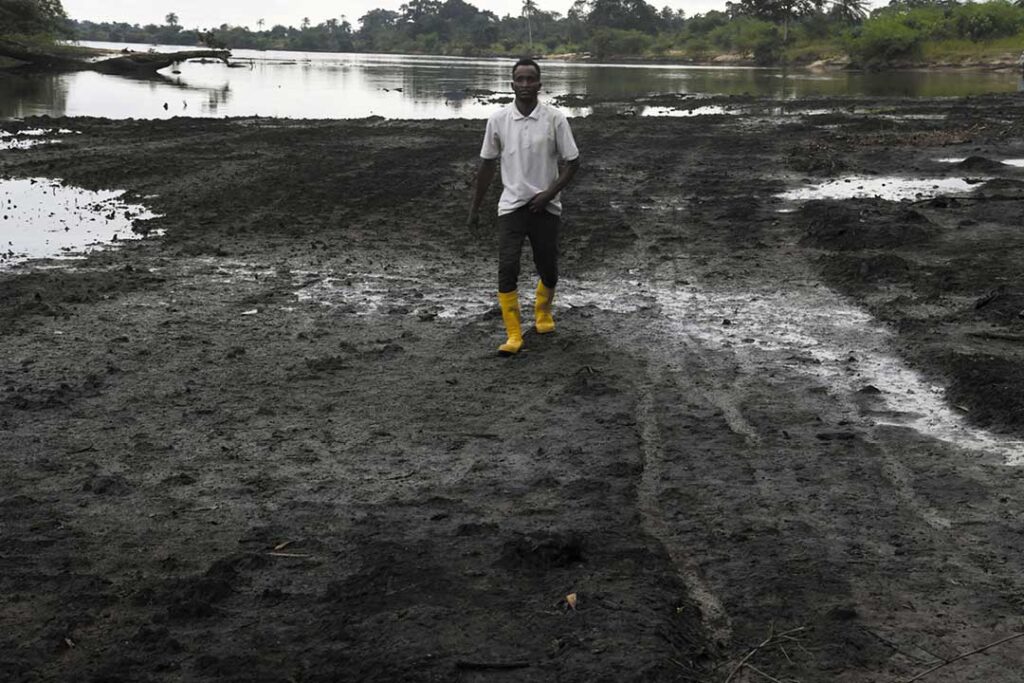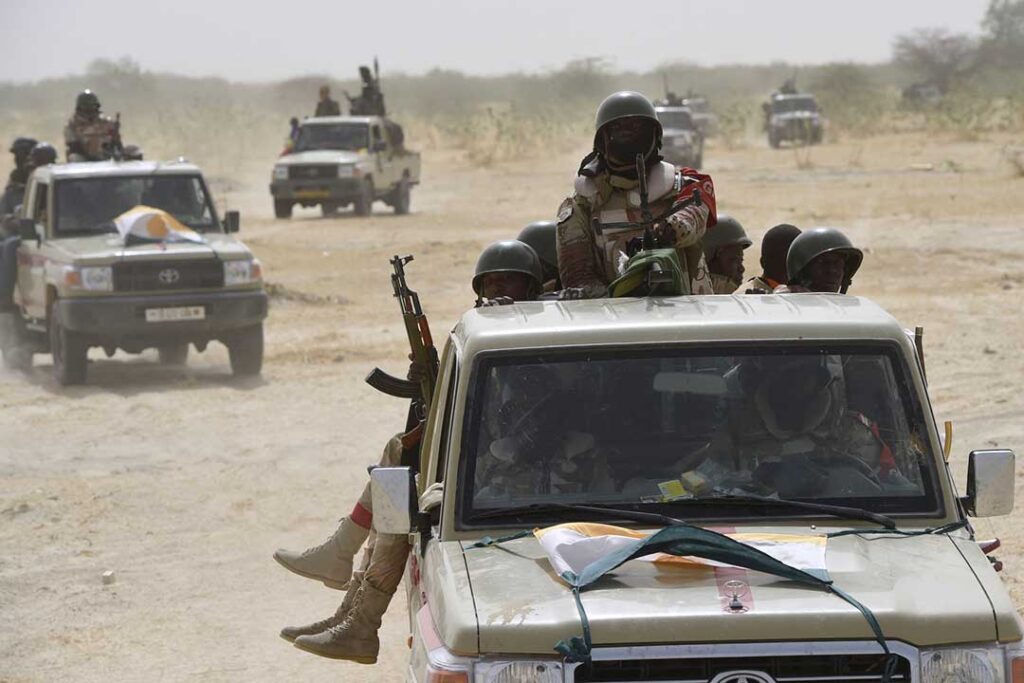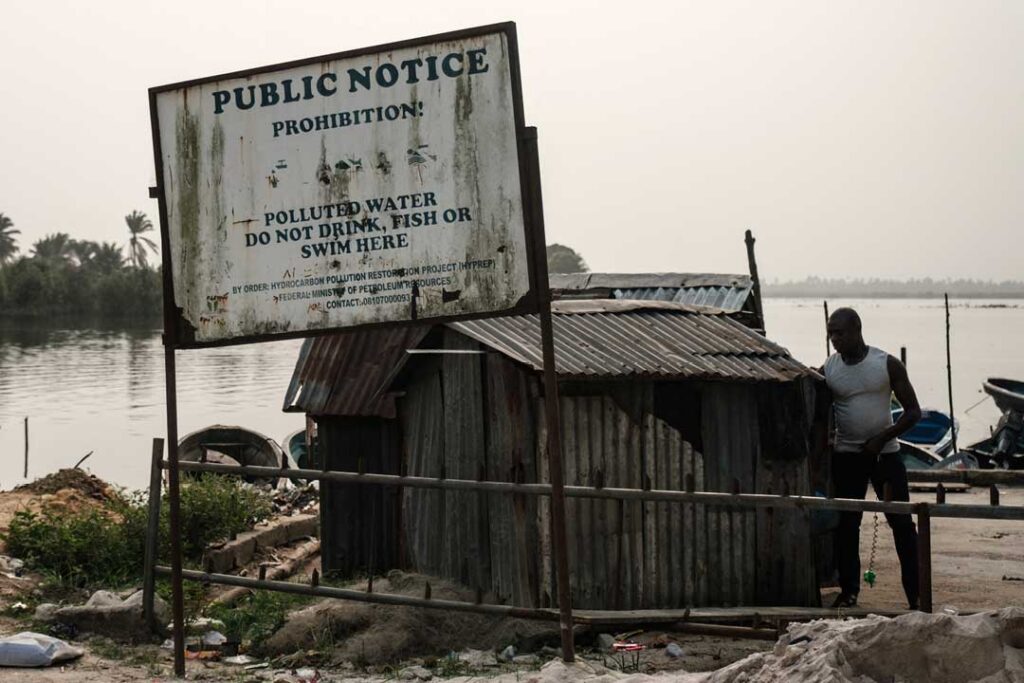INSIGHT: Attacks by armed groups against farmers, who’ve also been hit by the abrupt removal of their petrol subsidy, have plunged Nigeria into high levels of food insecurity.
A confluence of circumstances is causing concerning levels of food insecurity in Nigeria, which, according to a Relief Web report published in August, has led to 10.6 million people in the populous country needing humanitarian aid and 4.2 million in the north-east facing acute hunger.
The report, quoting Save the Children, said a relentless wave of attacks by armed groups against farmers was hindering critical food supplies and threatening to push the country deeper into a devastating hunger crisis this year.
Attacks by armed groups and other non-state actors are just one of a rising number of similar incidents against farmers across parts of the country, leading to displacement, market disruptions, and loss of livelihoods. Armed groups killed more than 128 farmers and kidnapped 37 others across Nigeria between January and June this year, according to the Nigerian Security Tracker. In June alone, 19 farmers were killed by non-state armed groups in Nigeria’s northern Borno State.

In the highly troubled north-east, farmers risk their lives when they go out to work on their land, while in other parts of the country, most notably the north-central Benue and Plateau States, there are regular violent struggles between farmers and pastoralists.
Food insecurity in Nigeria has also been exacerbated by the abrupt removal of the decades-long petrol subsidy. Despite being a major oil exporter, Nigeria has relied on processed fuel imports, which have been heavily subsidised since the 1970s, making the country vulnerable to exchange rate fluctuations, importation and handling charges, haulage costs, and insurance. The subsidy had also been plagued by corruption and mismanagement.
Over the years, the cost of funding the subsidy had become unsustainable, causing ballooning government debt that left insufficient funds for infrastructure, health, education, and other developmental initiatives. Incoming President Bola Ahmed Tinubu abolished the subsidy in May this year.
In the short term, the removal of the subsidy has hit Nigerians hard as the costs of food, fuel and services have rocketed, although the president has appealed to Nigerians to be patient and accept the short-term pain for long-term sustainability.
“In a little over two months, we have saved over a trillion naira that would have been squandered on the unproductive fuel subsidy, which only benefited smugglers and fraudsters,” Tinubu said at the end of July, promising that he would intervene if necessary.
Unfortunately, extreme weather conditions have also added to the crisis. Last year, Nigeria experienced the worst flooding in a decade, which UNICEF said damaged more than 676,000 hectares of farmland, increasing “the risk of food insecurity for families across the country”.

Wale Oyekoya, a former Lagos State Chamber of Commerce and Industry chairman and an agriculturist, told Africa in Fact that food insecurity could only be tackled if security issues were properly addressed, especially in the northern part of the country where the majority of food production takes place. “The security challenges should not be left to the federal government to solve; state governors should get involved too.”
Oyekoya praised President Tinubu for releasing grain and fertiliser to battling farmers. “Tinubu’s courageous move to declare a state of emergency on food security and the decision to release fertilisers and grains to farmers is timely, but whether there is grain in the storage facilities is another issue.”
To mitigate food insecurity Oyekoya supports the re-introduction of marketing boards in Nigeria. “Marketing boards will regulate the prices of commodities and will indirectly increase food security in the country,” he said, adding that state governments should also introduce drastic and firm measures to reduce conflict between farmers and nomadic herdsmen. “State governments should curb the menace of herdsmen by promoting ranching as it’s been done in developed nations,” he said.
Gregory Omiyi, a retired chief technologist who formerly worked for the National Agency for Food, Drug, Administration, and Control, the agency that regulates the food, drug, and water sectors in Nigeria, told Africa in Fact that food insecurity was down to other factors as well. “It also involves ensuring food safety through proper processing, storage, and transportation, which involves preventing physical, chemical, and biological hazards”.
Omiyi was ambivalent about President Tinubu’s grain and fertiliser intervention, saying, “The distribution of grains and fertiliser is just a short-term solution. It may not yield the desired result if a monitoring and evaluation system is not incorporated into the process.”
He did, however, back the reintroduction of marketing boards. “Yes, it will help if it is well-structured and managed properly,” he said.
Water everywhere but none to drink
Despite being a country rich in water resources, only 19% of Nigeria’s population has access to safe drinking water.
Researchers Nelson Odume and Andrew Slaughter, in an article published by The Conversation in 2017 titled, ‘How Nigeria is wasting its rich water resources’, described Nigeria’s situation as “economic water scarcity – the inability to properly manage, use and protect water resources for socioeconomic development and environmental sustainability.”

They pointed out that although 67% of Nigerians had a basic water supply, access was uneven; while 82% of people living in Nigeria’s cities had a basic supply, only 54% in rural areas did.
Pollution, including inept household waste management and toxic chemicals, is among the major causes of water scarcity in Nigeria.
Solid waste in the form of paper, plastic, metal, food and other materials and industrial waste from factories, which use freshwater to carry waste from the plant into rivers, contaminating them with pollutants such as asbestos, lead, mercury and petrochemicals, all contribute to this scenario.
Beatrice Ola Enya, a hydrogeologist with Geoflex Technologies and a specialist in borehole drilling, geophysical surveys and water-related installations, said the toxic concentration of metals could be reduced. “Reducing the toxic concentration of metals in Nigerian water to the barest minimum is a long-term process that requires a multifaceted approach,” she told Africa in Fact. “In Nigeria, the heavy metals come from mainly point-source pollution with anthropogenic sources like wastewater irrigation, automobile emissions, paints, industries, sewage, and waste disposal, among others.
Hydrologist Ademola Ogungbe told Africa in Fact that the toxic concentration of metals in Nigerian water could be reduced by instituting a water quality database. “The first step will be to map out the areas of contamination and collect water samples to distinguish the polluted areas, followed by comprehensive surface and underground water monitoring for areas with a high concentration of heavy or toxic metals.”
Nigerian regulatory water agencies must also better engage with communities, he said, to tackle water security problems by involving relevant stakeholders, such as community heads and youth leaders, in project plans and agreeing on possible outcomes that benefit the people overall.
Enya agreed with Ongungbe on the need for a comprehensive water quality database: “The Global Freshwater Quality Database GEMStat provides scientifically sound data and information on the state of global inland-water quality. This helps to monitor and manage water resources,” she said.
Nigeria’s overall quality of water could be improved, especially in rural areas, she added, by improving infrastructure and funding for clean water systems as well as developing policies in partnership with communities.

Tony Ademiluyi is a Nigerian and Lagos-based freelance journalist and writer. His works have appeared in leading Nigerian newspapers including Punch, Nation, Guardian, Vanguard, This Day, Daily Independent, Sahara Reporters, and Daily Post among many others. His works have also been published in reputable African magazines like The Africa Report and Africa Today. He has also written an unpublished novel set in Nigeria about the plight of the gay community in a largely homophobic society. He is a lifelong Manchester United fan and loves reading, political and historical discourse as well as swimming.


